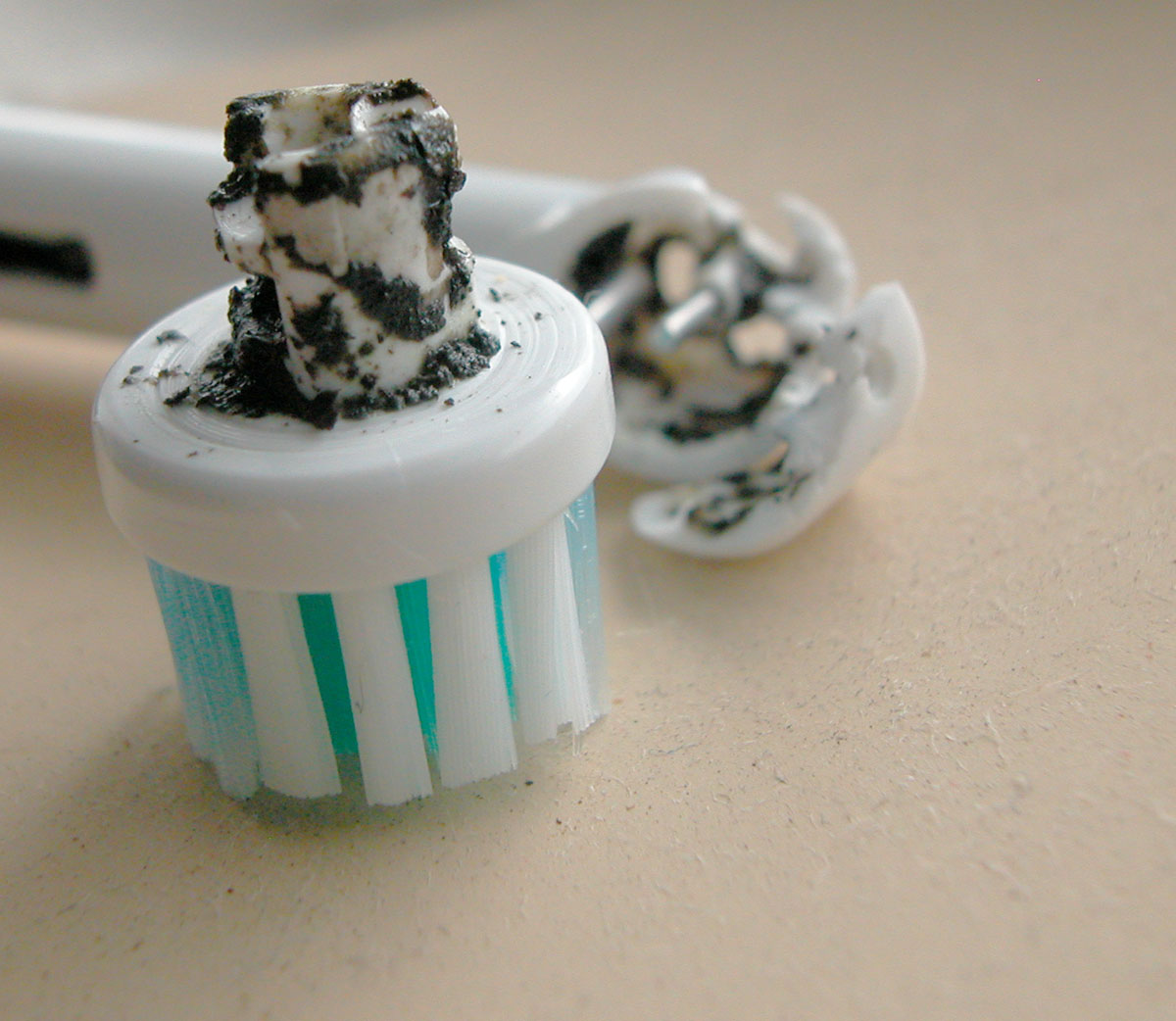Hi
while you are on antibiotics it is impossible to tell if you have a blood infection because the bacteria can not be reliably cultured
So blood cultures are inaccurate or not precise while taking antibiotics? Since May 24 it shows I'm not growing new bacteria.
is a classic oral infection, it lives in the GI tract (from mouth to anus) and so unless you were shaving in a strange place a skin entrance is unlikely.
Well I do shave in some none strange places and will probably move to laser moving forward

have you had:
- dental hygiene
- bleeding gums
- a sore throat
- a colonoscopy
prior to the infection?
My dental hygiene is excellent, and I recently went to a Periodontist to be sure eveything looked good and he said, it looked great. However, I will be honest I floss 3 x a day because I have a few gaps between teeth that feel very uncomfortable if I eat and don't. I'm being much more careful about that moving forward. No bleeding gums, sore throat or Colonoscopy.
I suspect some "simplification" has occured in the communication, while the graft may have some (seems pretty unlikely given what its made of) it may exist around the placed where it was attached (to the heart or the artery). The valve itself is pyrolytic carbon, I would be frankly amazed if it has had any damage and I would expect a paper on that be appearing soon. Perhaps I'm wrong (and
@nobog can set me straight) but pyrolytic carbon was made for missile tips
I looked at the TEE results from June 12 and they look unimpressive. It even says pseudoanyeurism. Not sure how the valve is damaged. I do know one of my surgeon's colleagues, a Dr I almost went with advised...no surgery.
https://en.wikipedia.org/wiki/Pyrolytic_carbon... It is used in high temperature applications such as missile nose cones, rocket motors, heat shields, laboratory furnaces, in graphite-reinforced plastic, coating nuclear fuel particles, and in biomedical prostheses.
This is amazing! Thank you for sharing!
good, and all of this suggests its still present. Have you had a CRP done? what was the number?
I tried to find this in my recent hospitalization blood work, but could not. I know when I showed up with the infection on May 17 it was at 300 and when discharged in the 50's.
good ...
this is likely exactly right, however I'd specifically ask about the co-administration of rifampicin and penicillin ... that will be a rough ride for your INR and you may need to bridge with heparin. Mention that combo to them, its worth a shot.
I will be mentioning this to Infectious Disease so thank you!
This paper is not on a secure server so Chrome whinges like a 5yo at the supermarket, tell it "yes" and download it. Print or send the PDF to your team.
I won't kid you, it will be a journey ...
some reading
https://pubmed.ncbi.nlm.nih.gov/16864973/
https://www.ncbi.nlm.nih.gov/pmc/articles/PMC105908/
Best Wishes



















